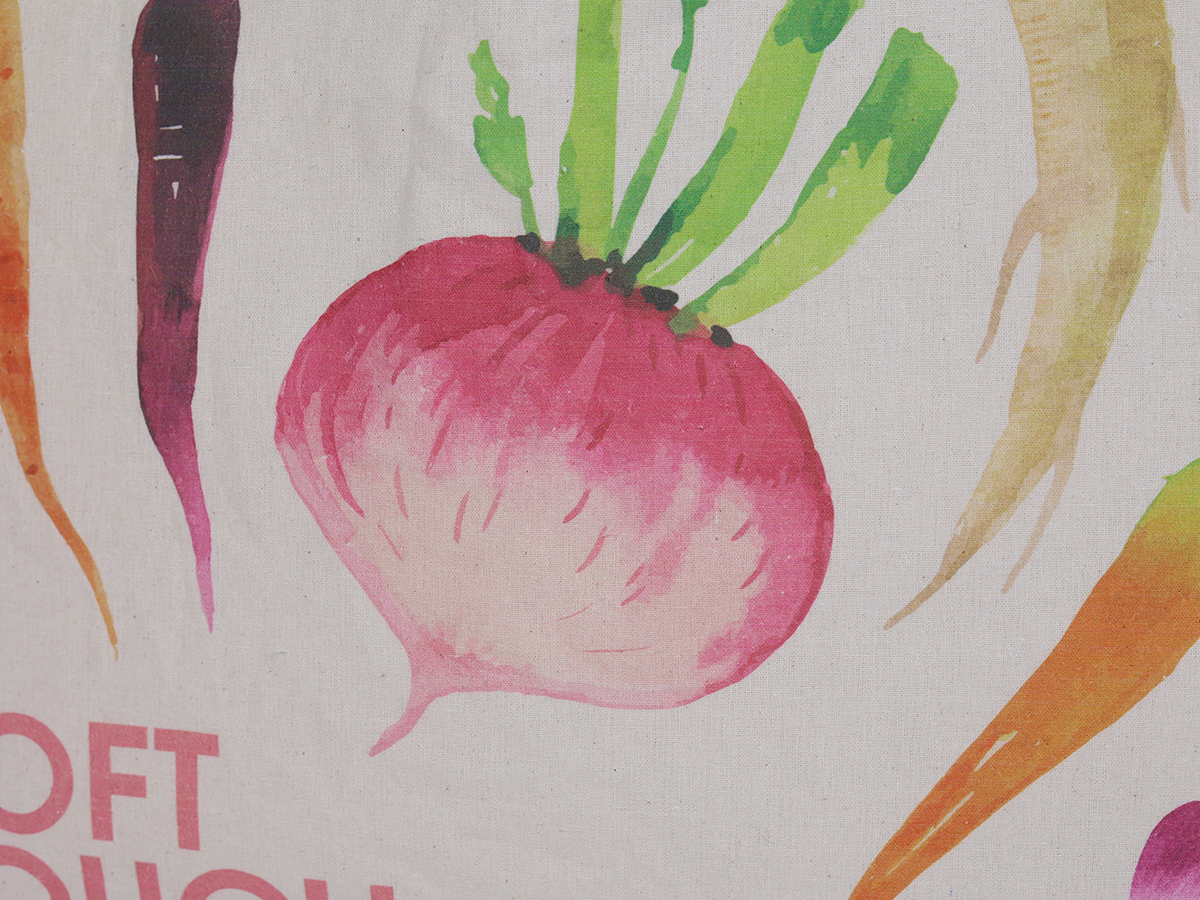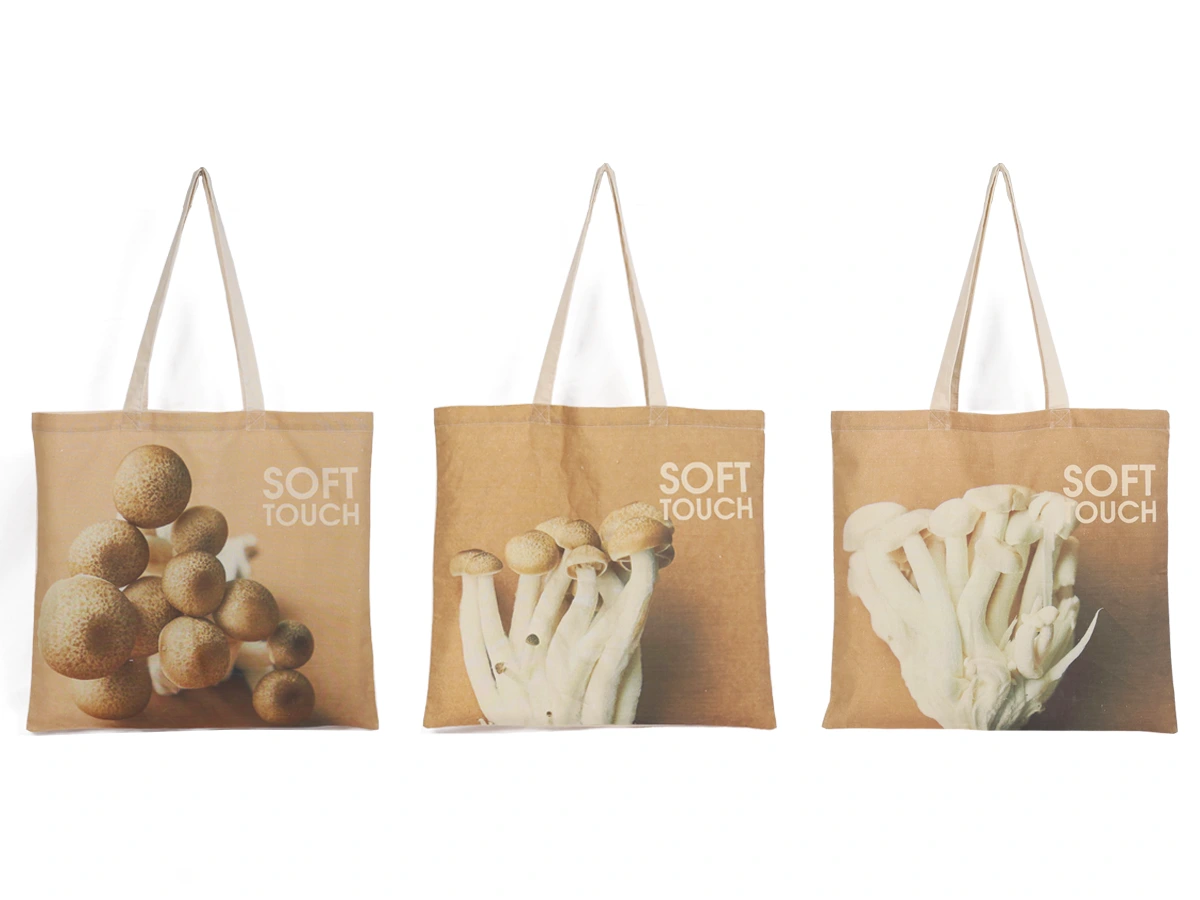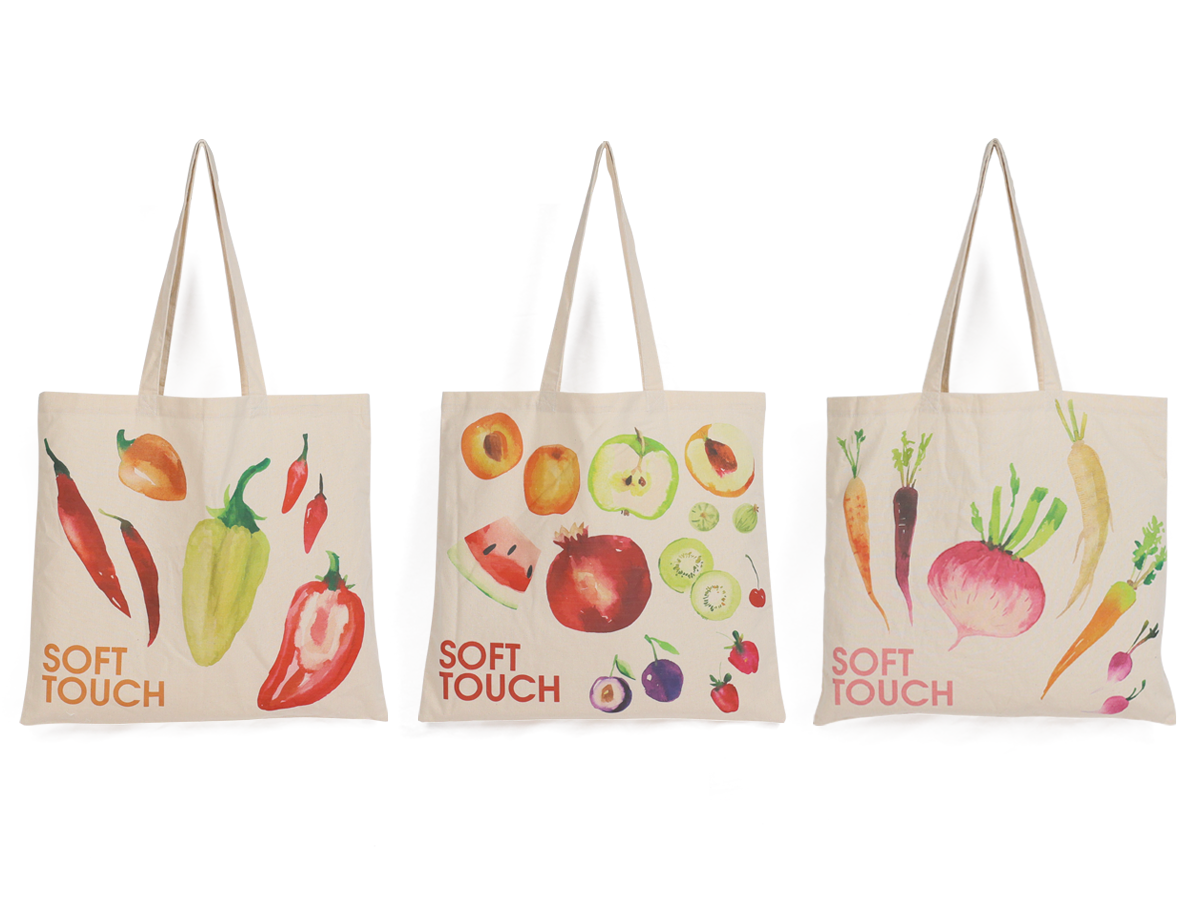In recent years, the global community has recognized the urgent need to adopt sustainable practices and reduce our impact on the environment. One of the key areas where we can make a significant difference is in our consumption habits, particularly in the way we use and dispose of single-use plastic bags.
As a result, the popularity of recycled cotton bags has soared, offering a viable and eco-friendly alternative. In this article, we delve into the concept of recycled cotton bags, exploring why they are gaining traction and how they contribute to a greener future.
Understanding Recycled Cotton Bags
Recycled cotton bags are precisely what their name suggests: bags made from repurposed or reclaimed cotton materials. These bags are typically crafted from discarded textiles, including pre-consumer and post-consumer cotton waste, such as clothing scraps, cuttings, or old garments. Through a series of processes, the cotton fibers are collected, sorted, cleaned, and then transformed into yarn or fabric suitable for bag production.
Why Use Recycled Cotton?
Environmental Benefits:
Recycling cotton offers numerous environmental advantages. By utilizing discarded cotton materials, we reduce the demand for virgin cotton production, which requires significant amounts of water, pesticides, and energy. Recycling cotton helps conserve these resources, mitigating the environmental impact associated with conventional cotton cultivation.

Waste Reduction
The fashion industry alone generates vast amounts of textile waste, contributing to overflowing landfills. By repurposing cotton waste into bags, we divert materials from the waste stream, reducing the burden on landfills and promoting a circular economy.
Energy and Carbon Footprint
Compared to the production of new cotton, recycling cotton requires fewer resources and energy. It significantly lowers greenhouse gas emissions, helping combat climate change. By choosing recycled cotton bags, we actively contribute to reducing our carbon footprint and preserving our planet for future generations.
Sustainable Fashion
The use of recycled cotton bags aligns with the principles of sustainable fashion. These bags serve as a tangible reminder of our commitment to responsible consumption, promoting a culture that values durability, longevity, and mindful choices.
The rising popularity of recycled cotton bags can be attributed to several factors
Consumer Awareness
In recent years, there has been a surge in environmental consciousness among consumers. People are seeking alternatives to plastic bags and actively supporting sustainable options. Recycled cotton bags fulfill this demand, offering a reusable, biodegradable, and eco-friendly alternative.
Government Policies and Regulations
Governments worldwide are implementing measures to discourage the use of single-use plastics. By promoting reusable bags and imposing restrictions on plastic bags, policymakers encourage the adoption of more sustainable alternatives like recycled cotton bags.

Corporate Initiatives
Many businesses and brands are recognizing the importance of sustainability packaging in their operations. By adopting recycled cotton bags as part of their branding and promotional efforts, companies can showcase their commitment to environmental responsibility, appealing to eco-conscious consumers.
Conclusion
Recycled cotton bags represent a significant step towards a more sustainable future. By diverting cotton waste from landfills, reducing our dependence on virgin cotton production, and conserving valuable resources, these bags have emerged as a practical and eco-friendly solution. As individuals, we can actively contribute to the global sustainability movement by choosing recycled cotton bags for our shopping needs. Let us embrace this small but meaningful change to foster a greener, cleaner planet for generations to come.


